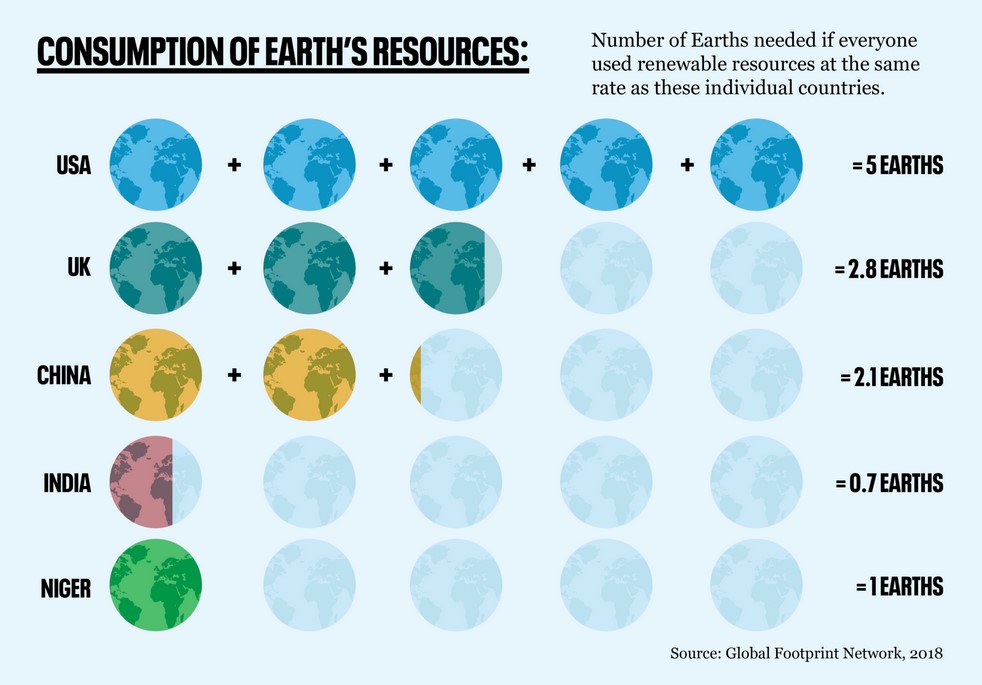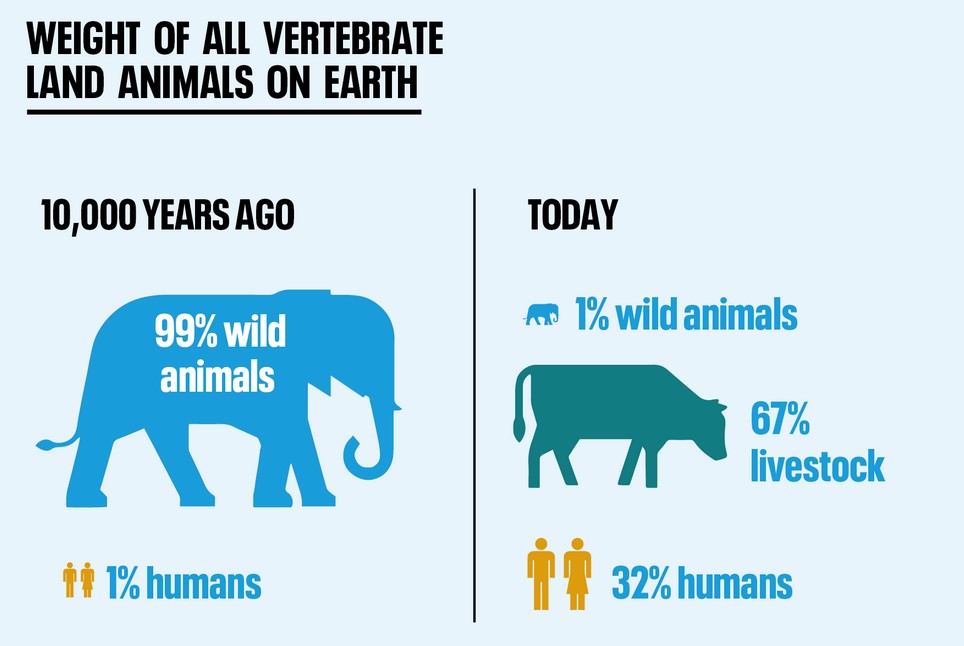As many folks may experience, a sound sleep may be disturbed by a brain chasing some weird thoughts during the night. Mariner experienced this phenomenon last night when he was disturbed through the night by his brain struggling with language.
This time it was the troubles humans have because they must use the same sounds over and over again for different words because the human limits on making different sounds cannot handle the billions of words humans have invented. So humans have to use the same sound for many different words and meanings. Just a few simple one-syllable examples:
Cow, now, sow, plow, mean, bean, lean, tree, flee, see, flea, sea, etc.
If one sounds out the vowel letters in the alphabet (a,e,i,o,u and sometimes y, which is redundant to i), that’s about the limit of different noises a human can make. Humans try to stretch these sounds so they can invent more words. That is called slurring, or respectfully, dialect.
So humans use five sounds over and over and over again by attaching distortions of the throat, mouth, tongue, teeth, lips and jaw. These noises are called consonants.
Twenty-six letters constitute all the letters one is supposed to need to make words. But it isn’t that easy thanks to the Great Vowel Shift that occurred between 1400 and 1600. The shift made it easier to invent more words with the same vowel noises. Check these examples:
plough as well as plow, slough as well as slough – tricky, one uses the ‘ow’ sound, the other uses the ‘u’ sound; the other direction to make more words with no more vowels is to combine words, allowing vowels to be used more than once in one word. For example, tie dye as a simple one and Hippopotomonstrosesquippedaliophobia is a complex one that means ‘fear of big words’, something about which Icelandic and Welsh languages have no concern.
What would it be like to be a crow and have to develop an entire vocabulary based on ‘caw’ noises. They have, you know.
So mariner can understand the problems ChatGPT (which stands for Chat Generative Pre-trained Transformer) has trying to capture nuance and relevancy in human languages.
The dialect piece can be entertaining. Jimmie Carter and Fats Domino never end a word with the ‘ur’ sound; mariner’s friend from Boston puts ‘ur’ noises wherever he likes.
Thinking further, one wonders how the vowel noises are represented in sign language, There are only so many gyrations of the face, arms and hands.
Ancient Mariner


